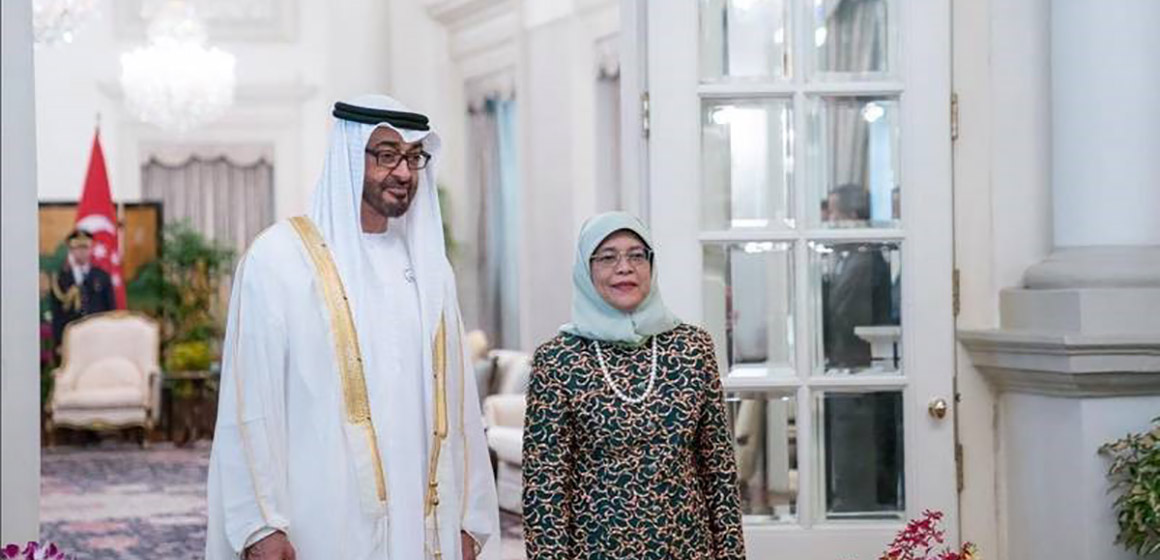Despite being separated by an ocean and thousands of kilometers, the UAE and Singapore share more similarities than one might expect. This week, Tharman Shanmugaratnam, Singapore’s former deputy prime minister, was elected president with an overwhelming 70.4% of the vote, according to the Elections Department.
The UAE and Singapore have been working to strengthen their ties for several years. In 2019, President Sheikh Mohamed, then the Crown Prince of Abu Dhabi, visited Singapore on an official trip, underscoring the importance of their relationship. The futuristic skylines of both cities, with Dubai and Abu Dhabi mirroring Singapore’s modern architecture, exemplify the forward-thinking nature of their economies.
Singapore recently claimed the world’s most powerful passport, providing visa-free access to 192 countries for its citizens, surpassing Japan and the UAE, which rose three places to become the 12th most powerful passport. Both countries also boast diverse populations, with a significant percentage of non-citizens. Singapore has a predominantly ethnic Chinese population, along with Malays and Indians, and employs English, Malay, Mandarin, and Tamil as official languages. Similarly, the UAE’s official language is Arabic, but English is widely spoken, and Hindi is set to have official status soon.
The historical influence of British control is evident in both countries, including their use of Type G electric plugs with three flat rectangular pins. Arab settlers, primarily of Yemeni origin, played a significant role in Singapore’s colonial economy, and their presence continues to this day.
Both Singapore and the UAE have experienced remarkable population growth over the past 50 years. Singapore’s population has surged from 1.6 million in the 1960s to nearly six million today, while the UAE’s growth has been even more dramatic, expanding from approximately 250,000 in 1971 to 9.5 million according to recent government figures.
Economically, the countries have comparable GDP figures. The UAE ranks 32nd in the world for GDP in 2023, with $507.53 billion (Dh1.8 trillion), while Singapore stands at $397 billion, projected to reach $473.79 billion by the year’s end, according to the World Bank.
Both nations aspire to be pivotal transport and trading hubs in the 21st century. Just as Jebel Ali and Khalifa Port are crucial to the UAE’s economic well-being, the Port of Singapore plays a vital role in Singapore’s trade. Moreover, the UAE is Singapore’s largest trading partner in the Middle East.
Looking to the future, both countries prioritize the development of new technologies, striving to become the world’s first smart cities. Singapore Airlines consistently ranks as one of the world’s top airlines, facing competition from Emirates and Etihad. Both Singapore and the UAE are renowned for their safety, security, luxury, comfort, and shopping, making them highly sought-after destinations for residents and visitors alike.

